From UTIs to bladder stretching: 5 ways holding in your pee can go wrong
Picture this: you’re in an important meeting that should have lasted an hour but it’s been an hour and a half. It’s not the time to be excusing yourself and running to the restroom with a promotion on the line. Your boss’ eyes narrow into slits as he starts to notice your constant fidgeting. You have a feeling you’re going to have to sit through this time.
You’re not alone. Many people have held in their pee at some point in their lives, whether it’s because they were in a meeting, on a long car ride, or simply didn’t want to get up from the couch. While it may seem harmless, holding in your pee can actually have some serious health consequences.
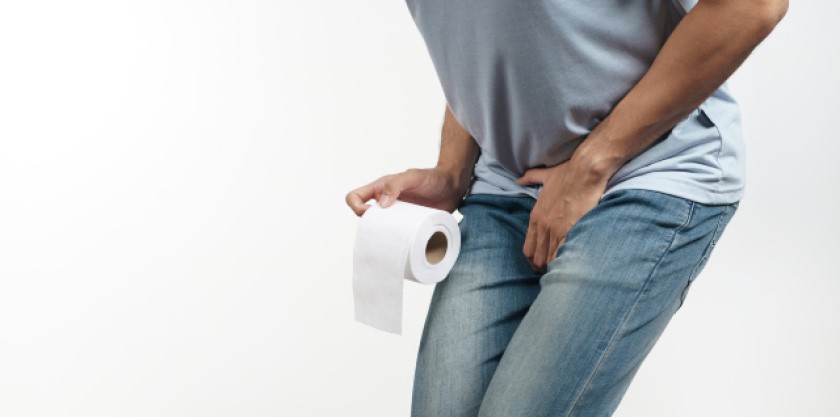
Here are FIVE reasons not to hold in your pee:
Urinary tract infection (UTI)
When you hold in your pee, the bacteria that are normally present in your bladder have more time to multiply. This can lead to a UTI, which is an infection of the urinary tract. Symptoms of a UTI include pain or burning when you pee, frequent urination, and cloudy or bloody urine. Should you develop a UTI, however, consider taking a supplement like UT-Fend* to help manage and prevent recurring UTIs.

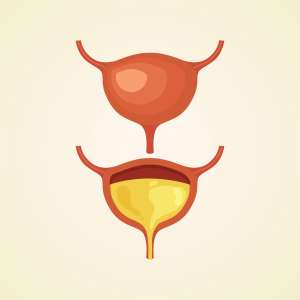
Bladder infection
A bladder infection is a more serious type of infection that can occur when bacteria from the urethra or vagina enter the bladder. Symptoms of a bladder infection are similar to those of a UTI, but they may also include fever, chills, and nausea.
Should you develop a UTI, however, consider taking a supplement like UT-Fend* to help manage and prevent recurring UTIs.
Kidney infection
If a bladder infection is not treated, it can spread to the kidneys. A kidney infection is a serious condition that can cause fever, chills, back pain, and nausea. In severe cases, it can lead to kidney failure.
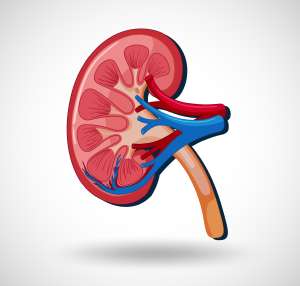
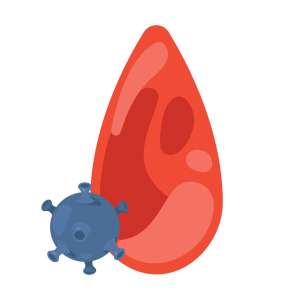
Bladder rupture
Holding in your pee can put stress on your bladder muscles and over time, it will expand and become damaged. In rare and serious situations, holding urine for too long can lead to a bladder rupture.
Urinary incontinence
Incontinence, or the loss of bladder control, can be caused by a number of factors. This includes holding in your pee. When you hold in your pee, the bladder muscles can weaken over time, making it more likely for you to leak by accident.
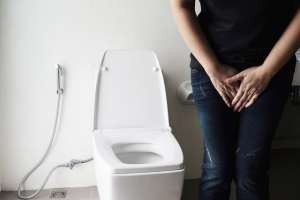
Keep in mind that a healthy adult bladder can hold up to 16 ounces, or 2 cups, of urine so it’s best not to hold it in, even if it’s inconvenient — it’s not worth the risk. Though there are some ways to prevent these consequences and alleviate symptoms, it is still best to make your way to the toilet as soon as you feel the urge:
Drink plenty of fluids throughout the day. This will help to keep your bladder full and make it less likely that you will need to hold in your pee.
Go to the bathroom regularly. Even if you don’t feel the urge to pee, it’s a good idea to go to the bathroom every few hours. This will help to prevent your bladder from becoming too full.
Avoid holding in your pee for long periods of time.




*UT-Fend is a botanical beverage mix formulated to help in the prevention & management of UTIs. It is the only UTI management product that has a unique blend of mixed berries with propolis and zinc (boosts immunity), making it the best natural and antibiotic-free solution for all your UTI problems.

